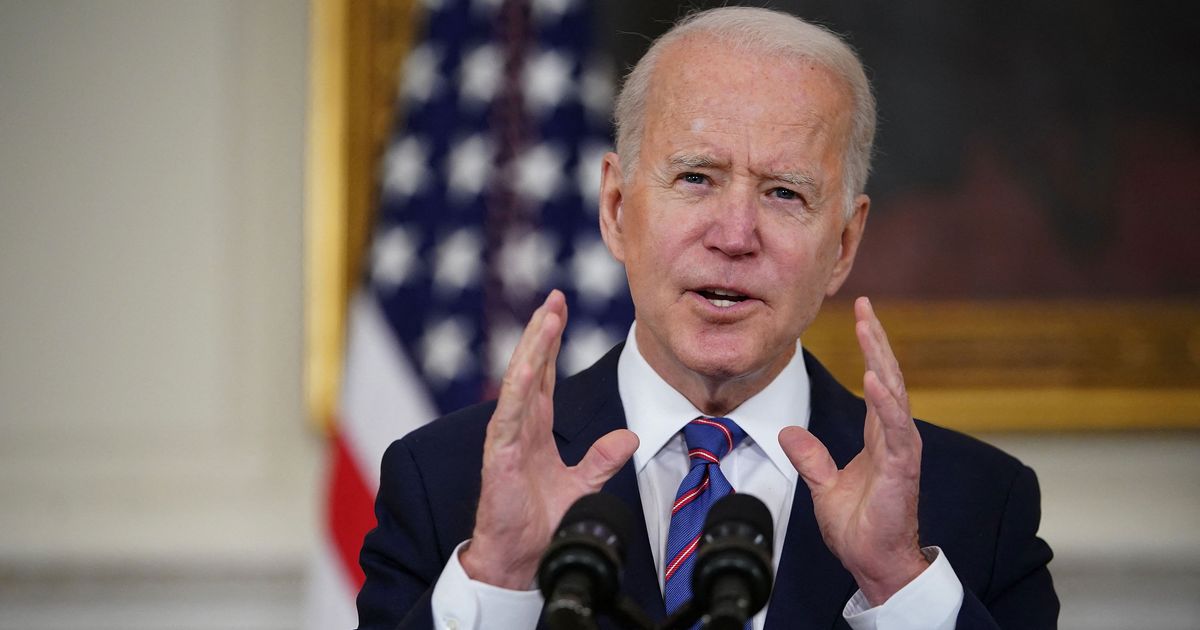
Photo: Mandel Ngan/AFP via Getty Images
When Donald Trump ran for president in 2016, he repeatedly said he would raise taxes on rich people like himself. “I do very well. I don’t mind paying a little more in taxes,” he said in 2015. When he unveiled his plan that year, he proclaimed, “It’s going to cost me a fortune, which is actually true.” He continued to insist this in 2016. “I am willing to pay more, and you know what, the wealthy are willing to pay more,” Trump told ABC’s This Week. This promise was key to Trump’s appeal to swing voters. It was the proof point in his self-declared presentation as a rich man sacrificing his self-interest to help the little people.
When Trump decided to violate this promise and usher in a tax cut that conferred massive benefits on wealthy business owners (including Trump), the Republican Party had no misgivings. There were no displays of hand-wringing over the backlash this would engender. Indeed, the consensus within the party was so strong that even anti-Trump conservatives believed the tax cuts would help the party do well in the coming 2018 midterm elections.
Dem midterm argument: Economy still isn't delivering for middle-class Americans, focused on the wealthiest Americans.
GOP argument: " “I cut your taxes. The economy is booming. Nancy Pelosi mocks you"
Game on.https://t.co/bSvCyx7aIw — Josh Kraushaar (@HotlineJosh) January 24, 2018
The contrast with the present moment is telling. Having campaigned on a promise to increase taxes on the very rich, President Biden is proposing to carry out that very policy. Yet the fretting of Democrats is already beginning to fill the Washington summer air like so many cicada chirps.
“Democrats have come to be reliant and responsive to a relatively wealthy base of support. So over-reach could expose them to political attacks and economic woes, which can alienate those voters,” former Democratic congressional aide and current lobbyist Mac Campbell tells the Financial Times. “There are a lot of powerful people whose support Biden needs in order to get any bill through Congress. They’re going to find some negotiating middle ground,” Ben Koltun, director of research at consulting firm Beacon Policy Advisors, tells NBC. “They want to keep their gains with those upper-middle-class suburban voters.”
The alleged reason for this hesitancy is that Democrats are in danger of losing voters. However, Biden’s proposals are constructed to avoid any higher tax burden on the overwhelming majority of voters. Not many “upper-middle-class suburban voters” have household income over $400,000. And given the way marginal tax rates work, taxing only those dollars above that threshold means you have to earn a lot more than that level to feel a real pinch. If your household earns $450,000, paying a higher rate on the last $50,000 won’t have a huge impact on your standard of living.
National Journal’s Josh Kraushaar tries to place the Democrats’ burden in the starkest possible light. “For all the spin that these hikes only affect the super-wealthy, the reality is a lot more nuanced,” he argues. “In a wealthy metropolitan area like Washington, the top 4 percent of married households would hit the threshold in which their income taxes would go up. That’s not a massive number, but it’s enough of a constituency to make a difference in competitive House districts.”
Of course, the Washington metropolitan area does not have any competitive congressional races. (D.C. itself doesn’t even have a seat in Congress.) There might be other cities with similar levels of superrich voters, but they, too, are not generally battleground districts.
Even that 4 percent figure, if you think about it, undermines the point Kraushaar is trying to make. Some of those 4 percent are Republicans to begin with. Some are Democrats who actively favor raising their own taxes. (I’ve met plenty of Democrats like this!) Some are Democrats who don’t want to pay higher taxes but support the party anyway on other issues. So the universe of voters who Democrats might lose by taxing the very rich is a fraction of the 4 percent.
Against that tiny potential loss are two significant benefits. First, there are the constituencies for the spending the tax hikes would finance. Since Senate rules require any permanent new spending increase be paid for, every dollar in tax hikes on the wealthy means another dollar for education, health care, the child tax credit, and other popular programs.
Second, large majorities of voters support higher taxes on the wealthy. Investor’s Business Daily, a right-wing newspaper, found that Biden’s capital-gains tax hike is popular not only with the general public, but even with investors, who favor it by a three-to-one margin. Whatever small number of voters Democrats might alienate is offset many times over by Republican-leaning voters they might appeal to.
So what is holding back moderate Democrats from embracing Biden’s extremely popular proposal to soak the rich? It’s not misgivings coming from the kinds of economic thinkers who traditionally inform Democratic policies — they have by and large endorsed it. (This endorsement by former Clinton Treasury official Leonard Berman is representative of the center-left tax-wonk view.) If it’s political calculation holding back Democratic centrists, it is of the very muddled sort.
What the Democratic fretting seems to indicate, rather, is the ubiquitous influence of the very rich exerting an invisible gravitational pull on both parties. It’s not that Democrats and Republicans agree with each other on domestic policy — far from it. The dynamic is that both parties have a tiny number of extremely wealthy constituents whose donations and social influence vastly exceeds their minuscule voting power.
That influence warps the calculation on both sides. Republicans will spend down their political capital cutting taxes for the rich and persuade themselves it helps them; Democrats will fail to maximize the clear upsides of taxing the rich, and tell themselves they’re acting prudently.
Comments
Post a Comment